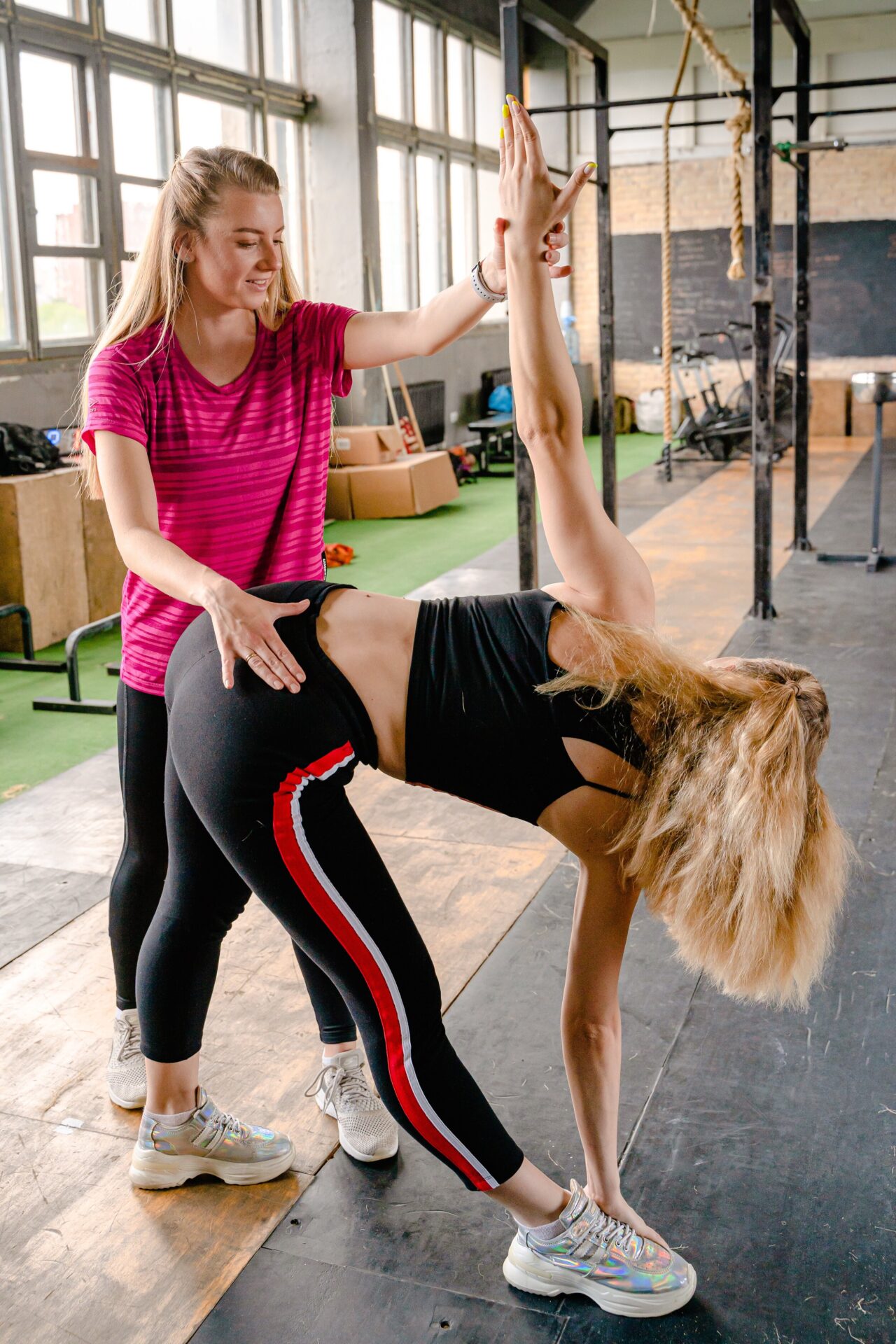Exercise is a powerful pain modulator. This well-established concept has been rigorously studied and trial after trial show that low, moderate, and vigorous exercise provides short term decreases in pain sensitivity. But there is more to it than just performing body movements. Researchers are now looking at how personal expectations and education regarding exercise affects pain sensitivity.
In a 2020 study, Henrik Bjarke and colleagues set out to test the effect of how education prior to exercise changes the participants’ sensitivity. Pain was measured using the Pain Pressure Threshold test at the upper trapezius and thigh. In this test the researcher uses an instrument that slowly increases pressure until the participant reports pain, at which point the force required to elicit this response is measured. All participants performed a squat exercise and their pain pressure threshold was measured before and after the exercise. Participants were randomly assigned into one of three groups where they received specific education regarding the exercise they were about to perform. One group was given brief positive verbal information about the exercise, one group given neutral information, and one group given negative information.
The groups given positive and neutral information showed a significant decrease in pain sensitivity, with the “positive” group showing even greater decreases. And the “negative” group actually had increased pain sensitivity after the exercise. This study reinforces the significant impact that expectation and the words we use have on the sensation of pain. Using positive education and reinforcement before, during, and after exercise has a profound impact on our pain perception.

